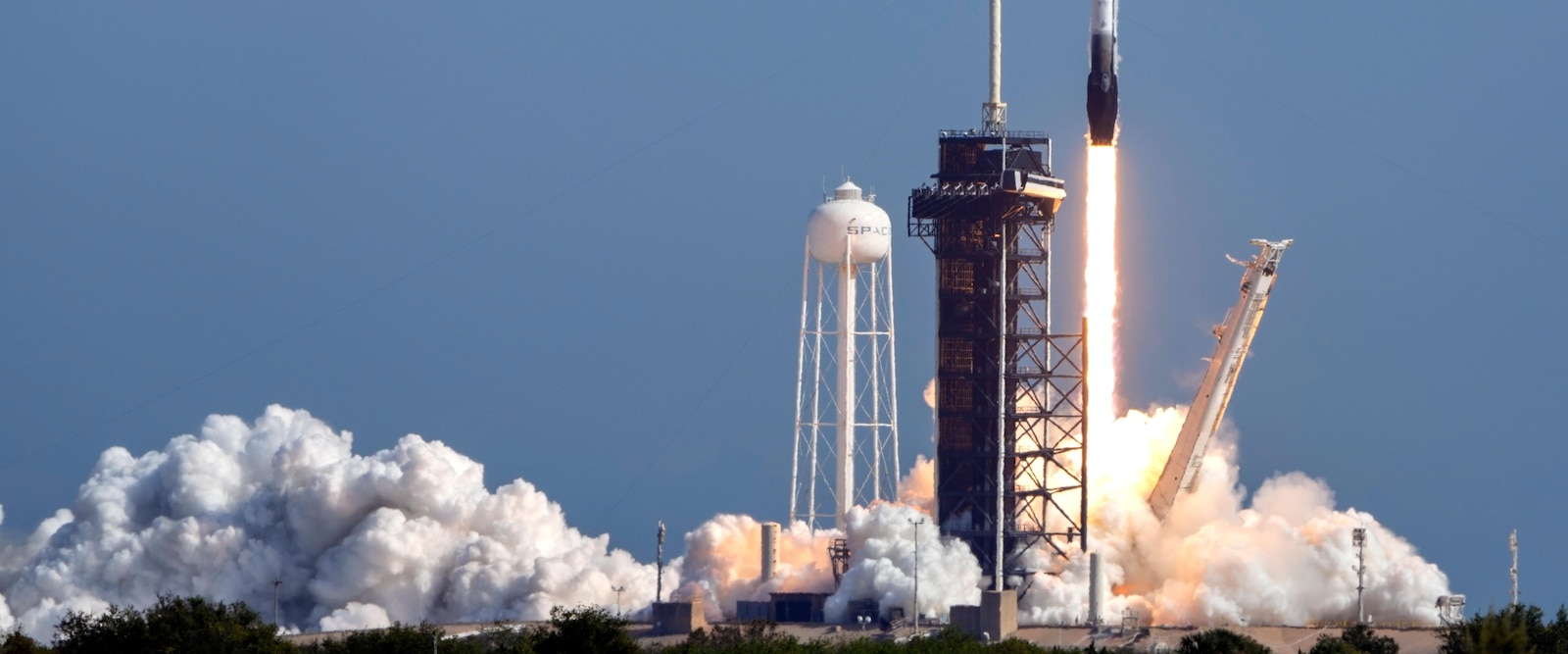Outer space has emerged as the world's next battlefield, demonstrated by recent cyberattacks on satellites blamed on Russia.Hijacked Satellites and Orbiting Space Weapons
In 2023, hackers backing the Kremlin hijacked an orbiting satellite that provides television service to Ukraine. Instead of normal programming, Ukrainian viewers saw parade footage beamed in from Moscow. The message was meant to intimidate, and it was also an illustration that 21st century war is waged not just on land, sea, and air but also in cyberspace and the reaches of outer space.The Rise of Cyber Warfare in Outer Space
More than 12,000 operating satellites now orbit the planet, playing a critical role not just in broadcast communications but also in military operations, navigation systems like GPS, intelligence gathering, and economic supply chains. They are also key to early launch-detection efforts, which can warn of approaching missiles.The Vulnerability of Satellites in Space
"If you can impede a satellite's ability to communicate, you can cause a significant disruption," said Tom Pace, CEO of NetRise, a cybersecurity firm focused on protecting supply chains. "Think about GPS. Imagine if a population lost that, and the confusion it would cause."
Hackers typically look for the weakest link in the software or hardware that supports a satellite or controls its communications with Earth. The actual orbiting device may be secure, but if it's running on outdated software, it can be easily exploited.
National security officials say Russia is developing a nuclear, space-based weapon designed to take out virtually every satellite in low-Earth orbit at once. The weapon would combine a physical attack that would ripple outward, destroying more satellites, while the nuclear component is used to fry their electronics.Russia's Space-Based Nuclear Weapon
U.S. officials declassified information about the weapon after Rep. Mike Turner, R-Ohio, issued a public warning about the technology. Turner has pushed for the Department of Defense to provide a classified briefing to lawmakers on the weapon, which, if deployed, would violate an international treaty prohibiting weapons of mass destruction in space.
"If this anti-satellite nuclear weapon would be put in space, it would be the end of the space age," Turner said. "It should never be permitted to go into outer space. This is the Cuban Missile Crisis in space."
Valuable minerals and other materials found on the moon and in asteroids could lead to future conflicts as nations look to exploit new technologies and energy sources.The Moon and Asteroids: A New Frontier for Conflict
Acting NASA Administrator Sean Duffy announced plans this month to send a small nuclear reactor to the moon, saying it's important that the U.S. do so before China or Russia. "We're in a race to the moon, in a race with China to the moon," Duffy said. "To have a base on the moon, we need energy and some of the key locations on the moon... We want to get there first and claim that for America."
The moon is rich in a material known as helium 3, which scientists believe could be used in nuclear fusion to generate huge amounts of energy. While that technology is still decades away, control over the moon in the intervening years could determine which countries emerge as superpowers.
Nations are scrambling to create their own rocket and space programs to exploit commercial prospects and ensure they aren't dependent on foreign satellites. The U.S. military operates an unmanned space shuttle used to conduct classified military missions and research.The U.S. Response: Creating a Space Force
The U.S. Space Force was created in 2019 to protect American interests in space and to defend U.S. satellites from attacks from adversaries. "Space is a warfighting domain, and it is the Space Force's job to contest and control its environment to achieve national security objectives," it said in a statement.
American dominance in space has been largely unquestioned for decades following the end of the Cold War and the fall of the Soviet Union. But the new threats and competition posed by Russia and China show the need for an aggressive response, U.S. officials say.
"You have to pay attention to these things so they don't happen," said Rep. Mike Turner. "The frightening potential of space weapons is not realized."The Need for Vigilance
Trump-Putin summit: Zelenskyy to travel to DC on Monday to meet with President Trump Supreme Court formally asked to overturn landmark same-sex marriage ruling Trump admin updates: Trump teases 'big day' at White House 2 Americans drown in a 3-hour span at same Bahamas resort: Police
